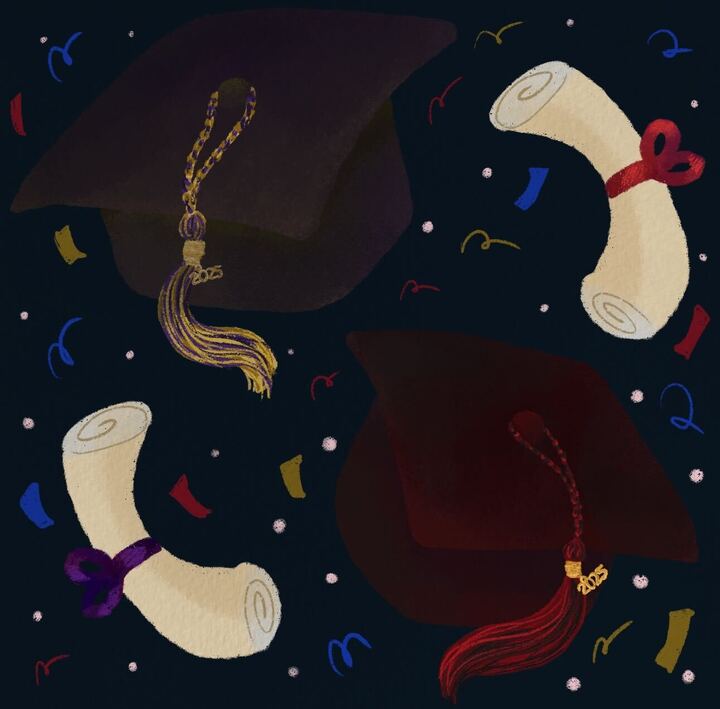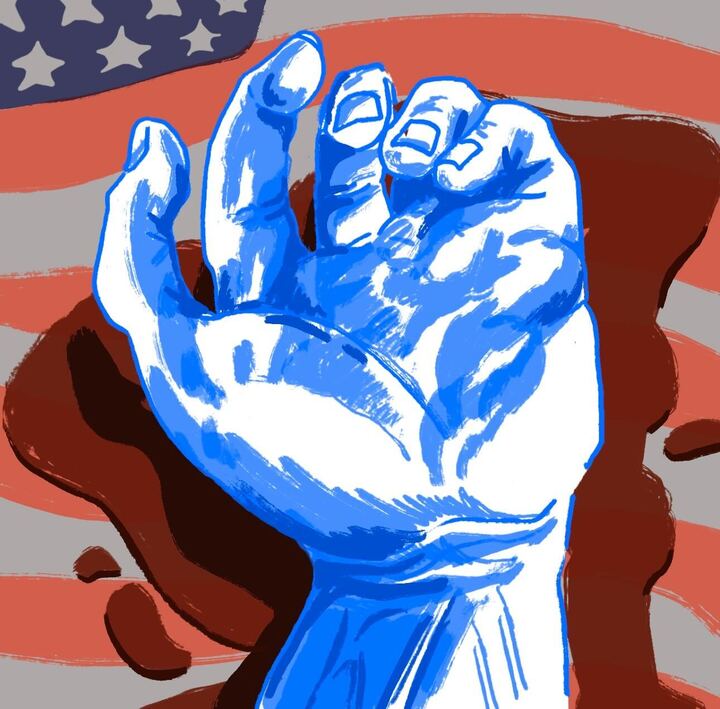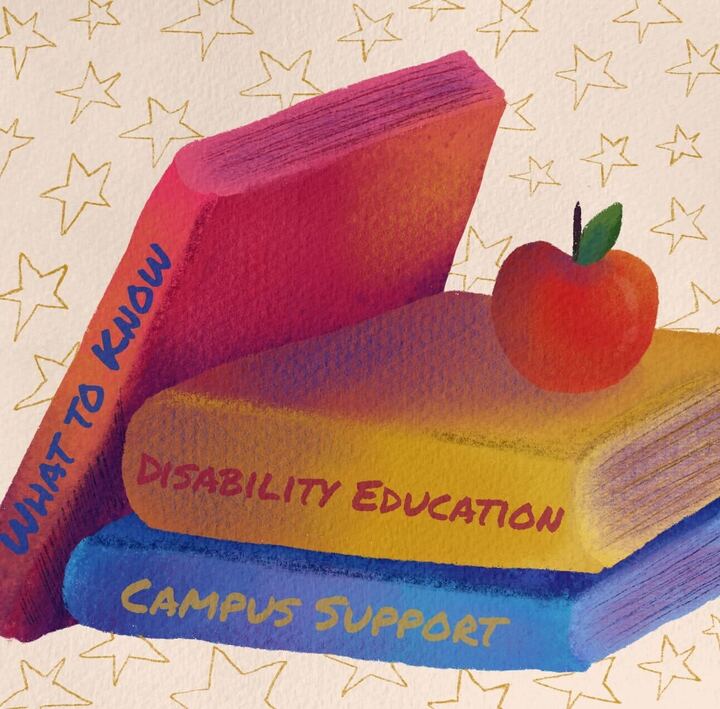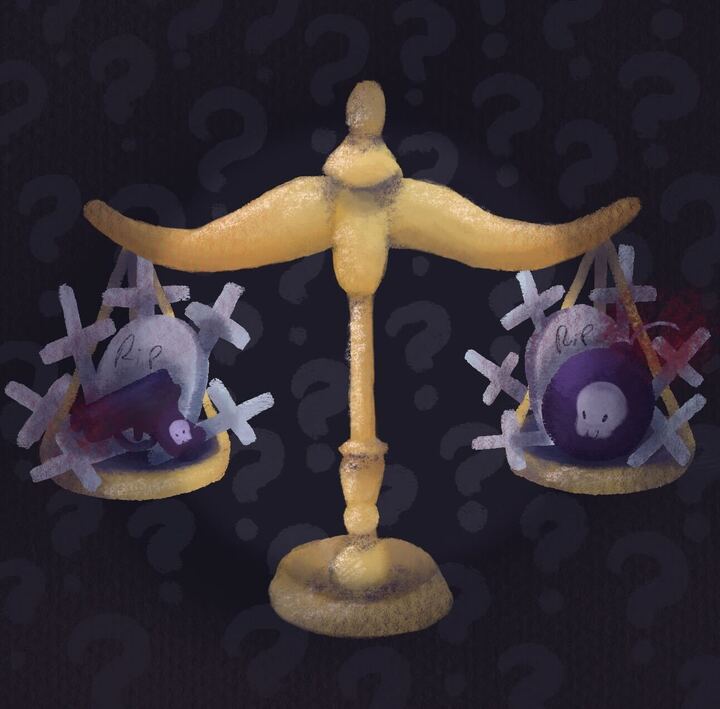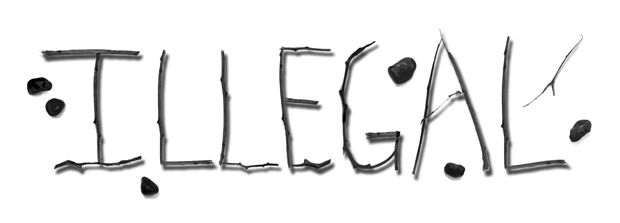
Words are inherently powerful. So much so that often people, the very controllers of words, fail to understand their effects and ramifications. Simply, people do not really understand how powerful words are.
At times, even the media is susceptible to this ignorance, which is a blatant act of negligence to their responsibility.
The Associated Press (AP), sets the journalistic standard for most media outlets including appropriate terminology and formating dictated in the AP Stylebook. They announced earlier this month that it will no longer be using the “i word,” illegal immigrant.
Despite this, certain publications are refusing to drop the term, for whatever reason. The New York Times recently came out with an article on immigration reform where the words illegal immigrant are so prevalent, under the current context it comes across as a big “fuck you” to the AP’s landmark decision as well as to all the work that immigrant rights group have done.
It’s easy to say that the AP buckled under pressure from immigrant rights groups, but in actuality it was a grammatically correct decision (not simply one of “political correctness”), as pointed out by Senior Vice President and Executive Editor Kathleen Carroll in an AP blog post.
“The Stylebook no longer sanctions the term ‘illegal immigrant’ or the use of ‘illegal’ to describe a person. Instead, it tells users that ‘illegal’ should describe only an action, such as living in or immigrating to a country illegally.”
Although one cannot deny that immigrant advocacy groups made it a point to ask the media not to use the term, in the end it was not about pandering to liberal groups or activists. It was about the correct usage of a term.
Jose Antonio Vargas, a gay, undocumented immigrant and award-winning journalist spoke at CSUN on Feb. 26 during a national tour on defining what it means to be American.
During his presentation, Vargas pointed out the absurdity of the phrase.
“Something is terribly wrong when we call them illegal,” Vargas said. “Actions are illegal, not people, never people.”
Although we can point fingers at the media for a lack of leadership on this issue, we cannot forget that the media is often reflecting our culture just as much as it is shaping it. Also the media is no longer the loudest voice in the room anymore. Due to the rise of the Internet and social media our ability to publicly share our thoughts have evolved. Unfortunately our sense of decency and respect have not.
The use of casual homophobic language online is particularly unsettling. There seems to be a major disconnect when more and more people come out in support of LGBT rights but people still use anti-gay slurs like it’s not a big deal. You might not be calling someone who is actually gay a fag or a faggot, but using that term as an insult against another straight person is just as insulting. It’s the fact the thought that comparing someone to a homosexual should even be considered an insult is problematic.
And think of it this way. Words and their meaning, as all things, can change. The popular usage of the term “negro” or “colored” to refer to African-Americans was the status quo – it was widely accepted, regardless of how these people felt. Nowadays, you are hard-pressed to find a publication freely using the word negro and colored person.
While we’ve come a long way in using more appropriate racial terms, we’ve made little progress in other areas. The website, , Nomhomophobes.com, tracks the use of homophobic langauge on Twitter. The term “dyke” was tweeted over 1 million times, “no homo” and “so gay” over 3 million times each, and “faggot” over 10 million times since July 5, 2012. That’s just tracking four terms on one social network, a tiny mirror of what’s going on around the Internet. The site updates in real-time, with these types of twitter posts appearing virtually every second.
You don’t have to look far for this type of language. One of the biggest cesspools of homophobic language are the comments sections of just about every major outlet. Whether it’s a YouTube video, news article or just somebody’s blog you are bound to come across this filth. Within the past few months we’ve had to delete several comments on the Daily Sundial’s Facebook page that referred to transgender people as trannies.
Another issue is about self representation. What input or consent did African-Americans have in the decision-making process? The answer is none. Virtually, the same scenario could be applied to the widespread acceptance of the term illegal immigrant. Here you have a marginalized group of people being mentioned, studied, focused on, written about–but what power do these people have in how they are named in the news?
The lesson of history here is that words carry power and often have been used with reckless disregard to those that are the most affected by their very usage.
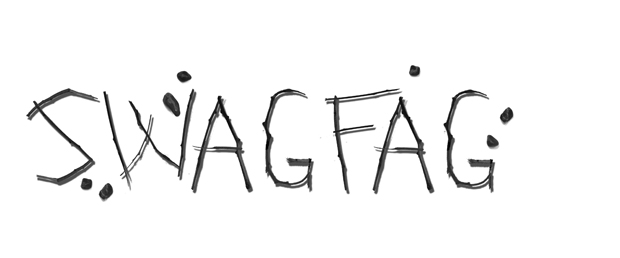
Shockingly, history is repeating itself as people continue to invent and use new terms without considering or consulting the groups that could potentially be affected by their use. One of the most mind-numbingly moronic recent examples of this is the term “swag fag.” The term has become a widely used hashtag on Instagram and Tumblr as well as an Internet meme. UrbanDictionary.com defines a “swag fag” as “One who thinks he is better than everyone else based on the amount of artificial swag he has. This annoying personality trait is coupled with his obsessive use of the phrase “swag” in situations (undeserving) of that title.”If someone doesn’t realize how problematic this all is by now, let’s break it down.
Words like faggot, dyke and tranny have been used to demean members of the queer community for years. They are still used daily to directly attack the community. The excuse that claiming the word with some sort of new meaning or context somehow makes them acceptable is wrong. If you are not in the LGBT community you have the privilege of not having to endure discrimination, insult, dehumanization, violence, self-esteem issues, high rates of depression and suicide, due only to your sexual or gender identity. Chances are you or someone close to you has faced these issues, and it should be obvious that careless derogatory language only makes matters worse.
If you don’t have anything nice to say, don’t say anything at all. These words of wisdom were well crafted to guide our civil discussions on the playground growing up, but in the adult world, not saying anything is simply not an option. We have a responsibility to talk about the key social issues of today and even though our society is becoming more open and progressive, we have to be more cognizant of how we communicate with each other and the language we use. We have all been hurt by derogatory words so we have to display empathy and solidarity with one another. It’s best to remember how you felt when someone used their words to attack and wound you, and make the choice to be an ally instead of an instigator.

